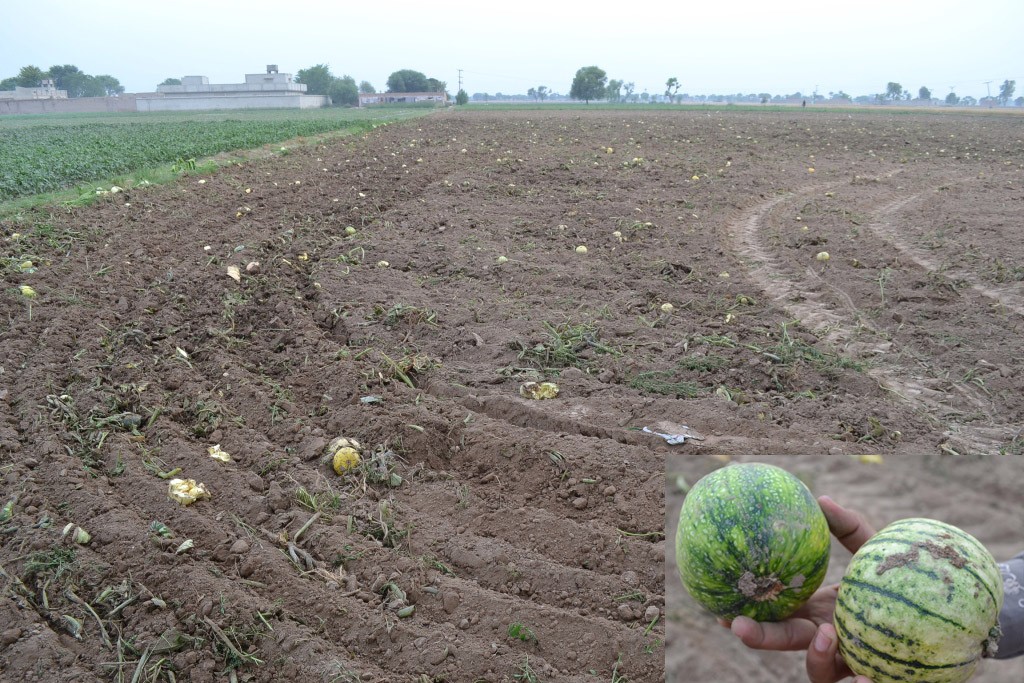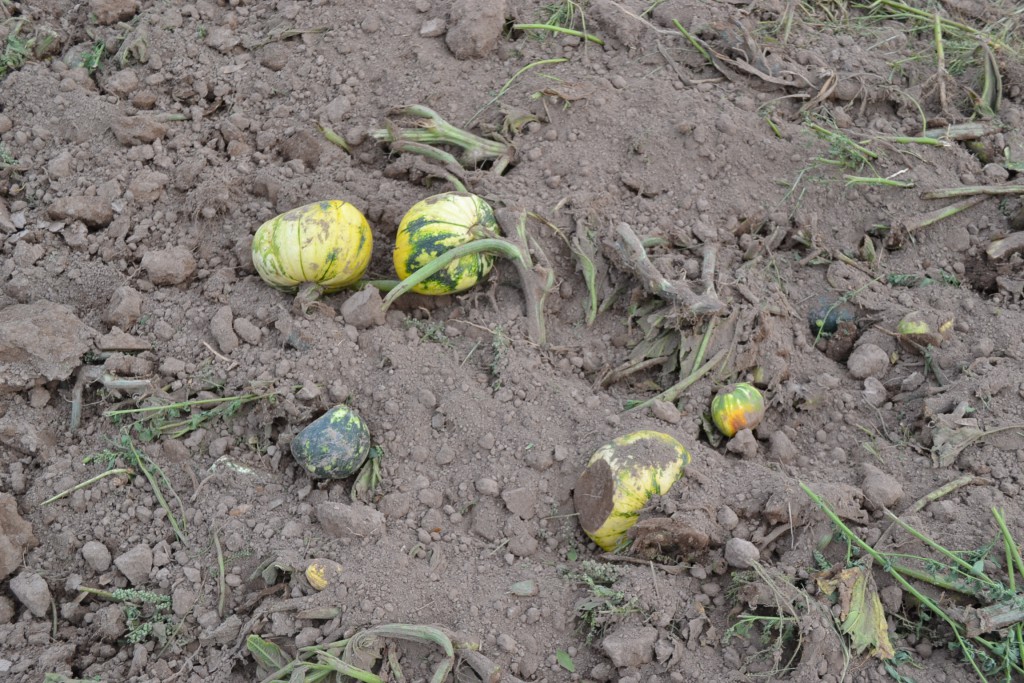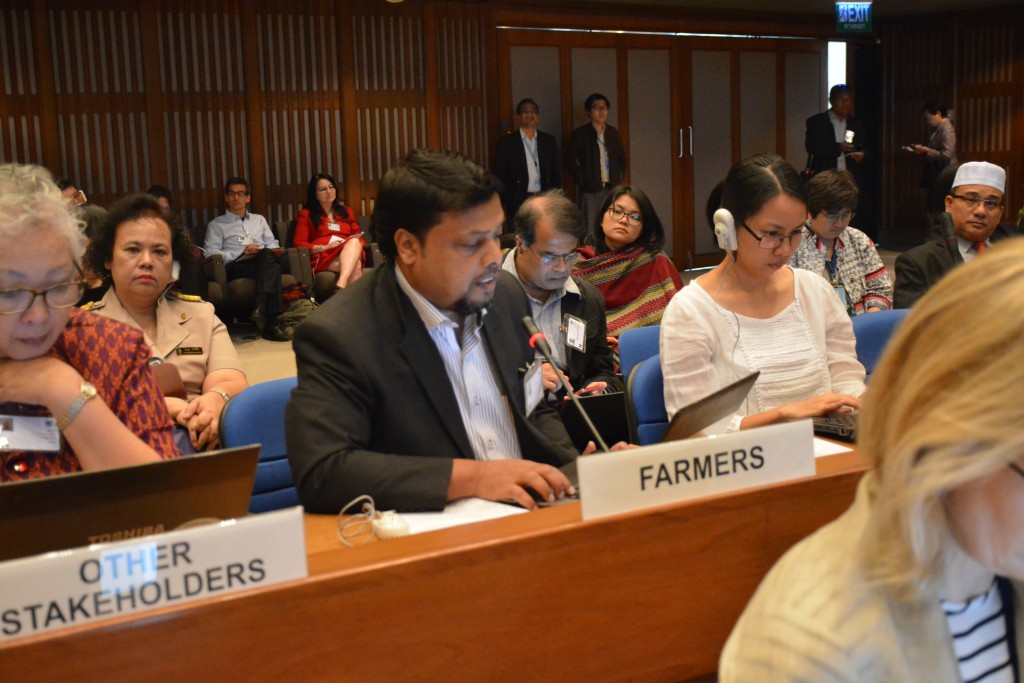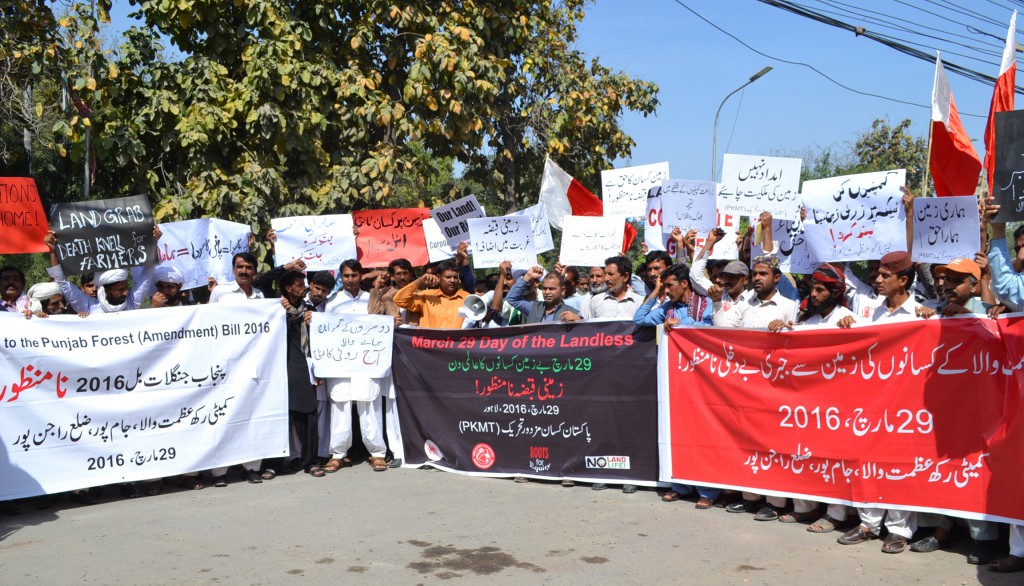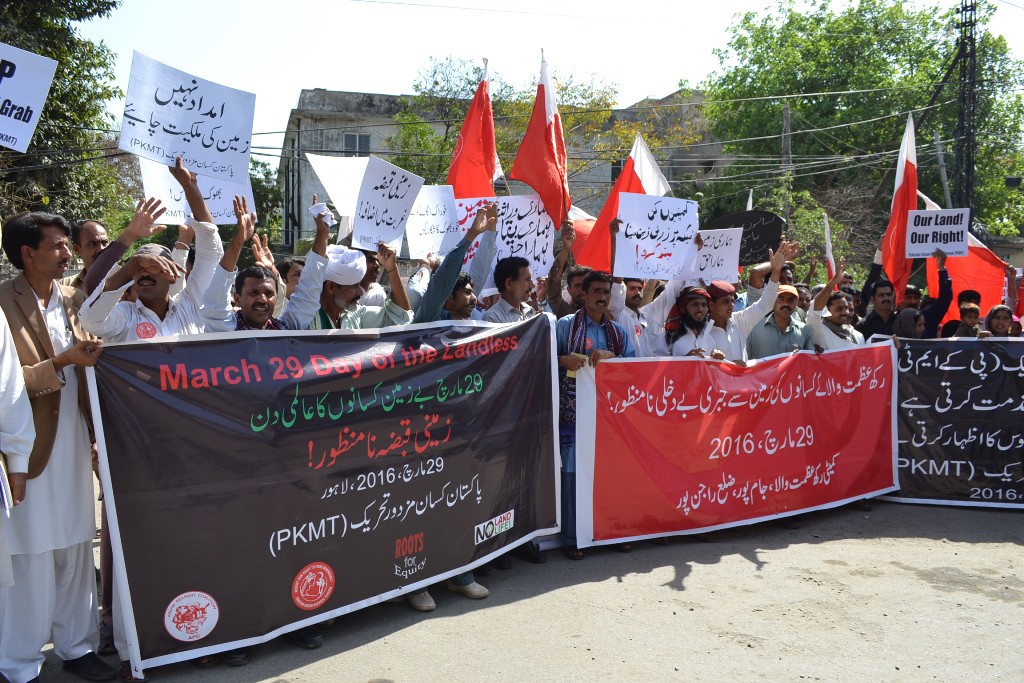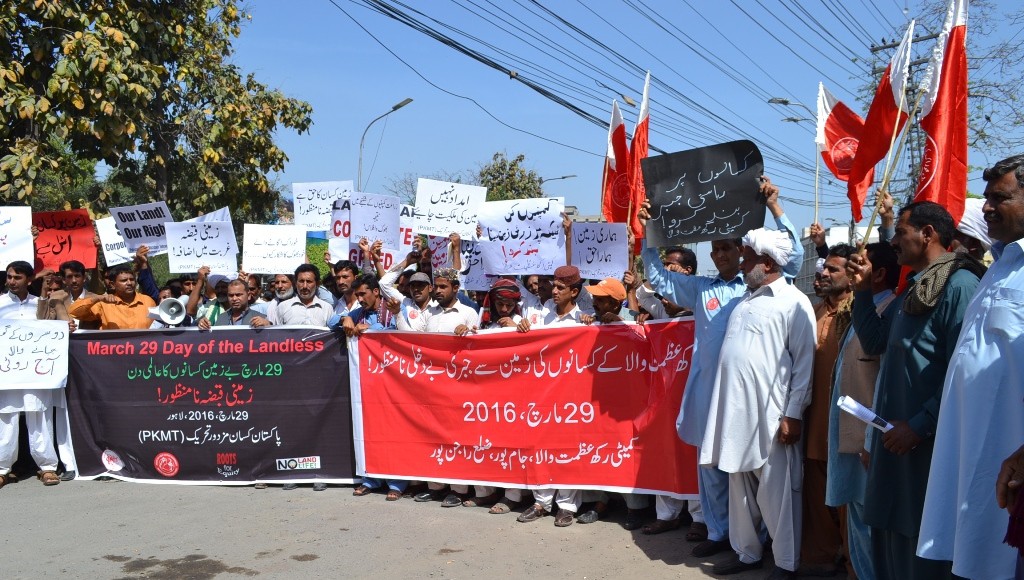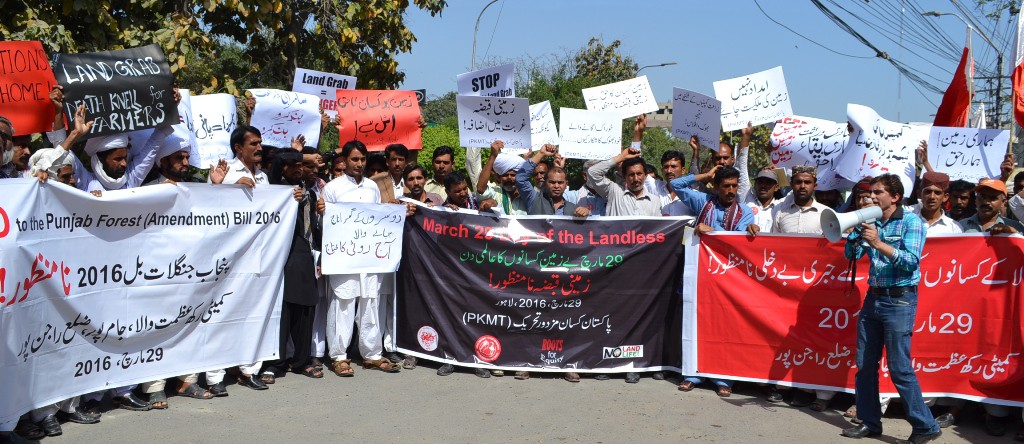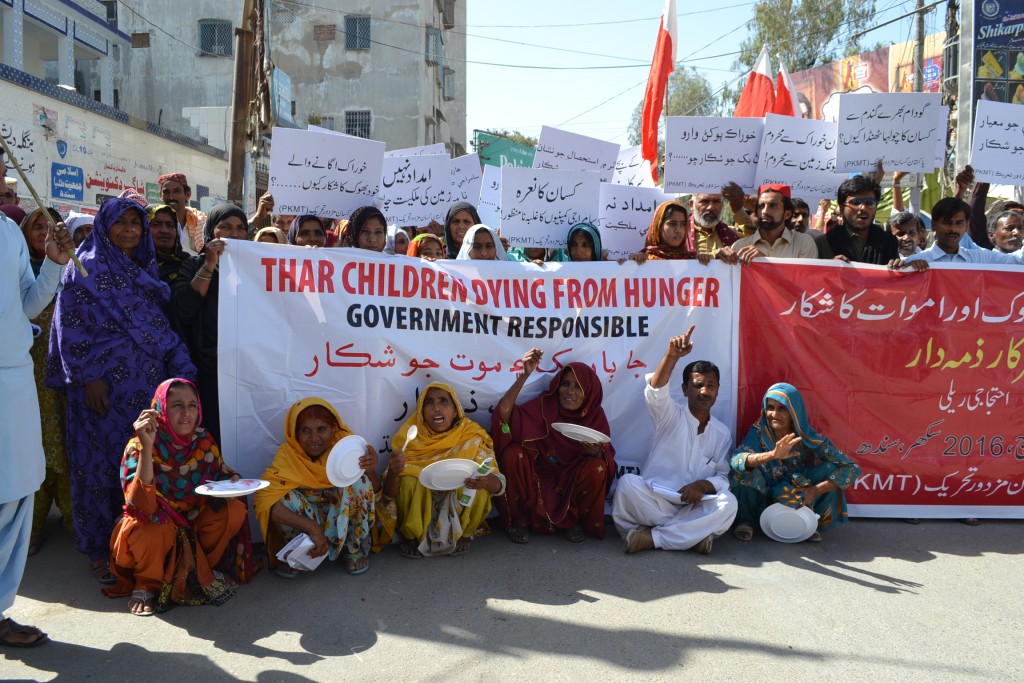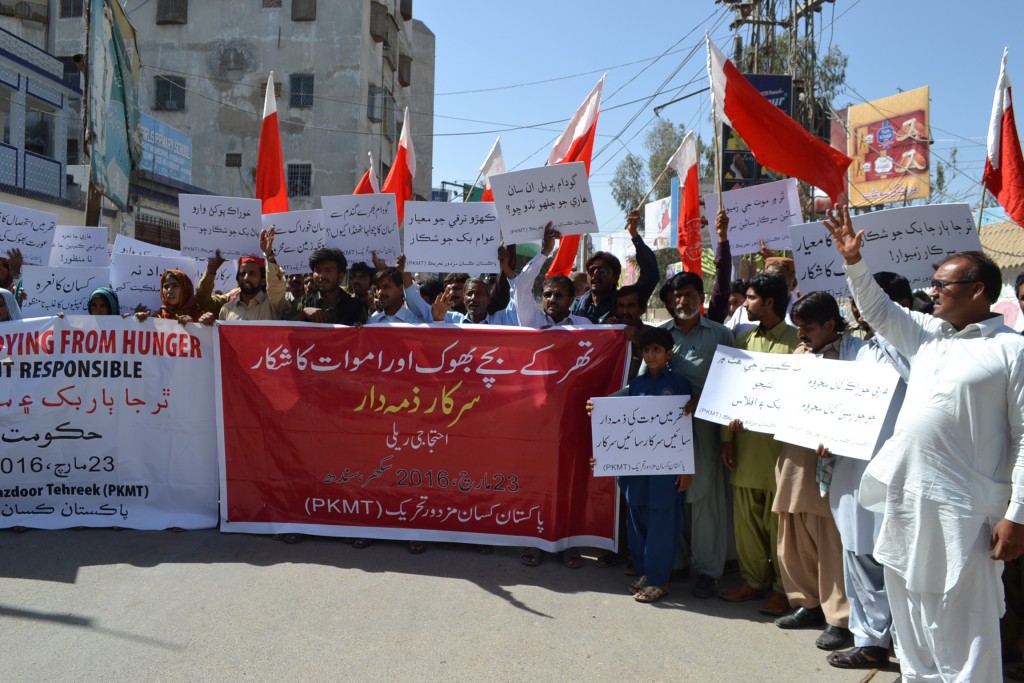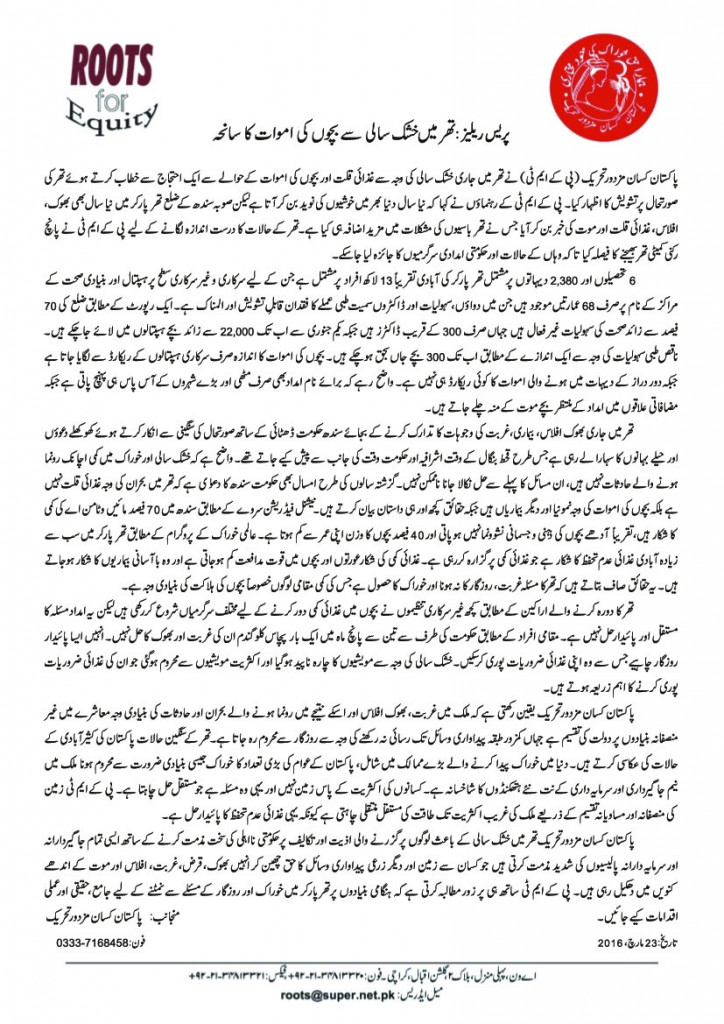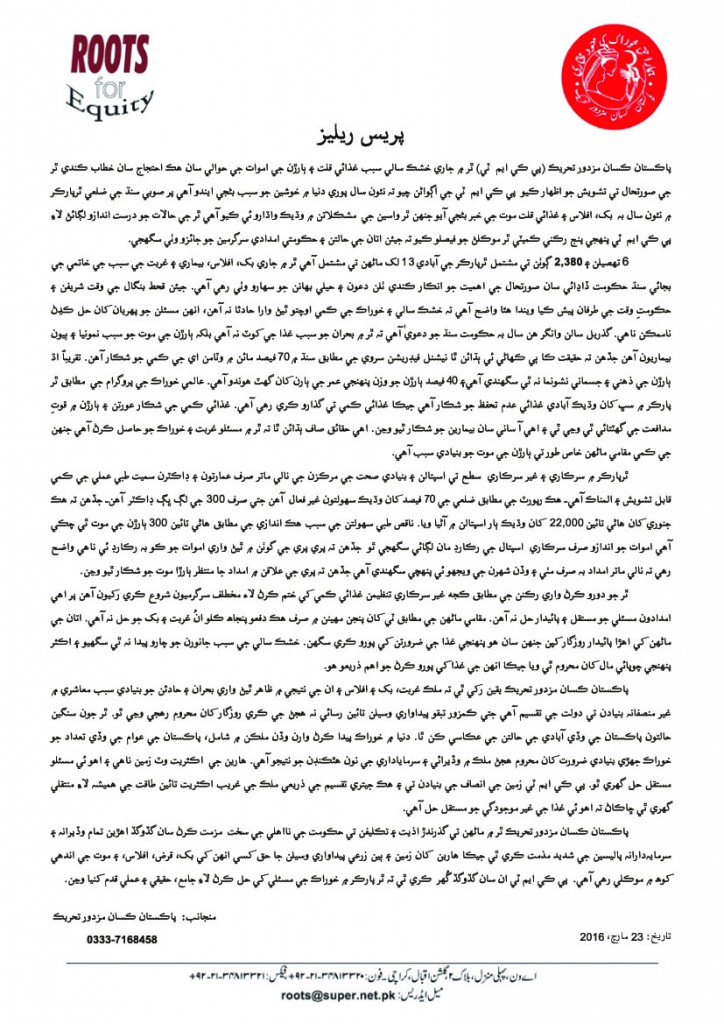Shalini Bhutani,April 21, 2016, DHNS
CIC held that denial of information merely because the issue is ‘under process’ is unreasonable.
An order given by the Central Information Commission (CIC) in New Delhi on April 1, 2016 hasn’t got the attention it warrants. It is not only a step towards biosafety, but also significant for democracy. The CIC passed the said order in response to an application by a concerned citizen seeking the full biosafety dossier of transgenic mustard from the Environment Ministry (MOEFCC).
A genetically modified (GM) variety of mustard, known as DMH11, has been developed at the Centre for Genetic Manipulation of Crop Plants (CGMCP) in the University of Delhi (South Campus). The crop developer had submitted the required information on the GM mustard variety to the Genetic Engineering Appraisal Committee (GEAC under the MOEFCC) in 2014 and 2015 as part of a mandatory biosafety dossier. It is this information that was sought by the RTI applicant.
The GEAC had conveyed that the crop developer’s application was under review and would only be made public after the appraisal procedure was over. The CIC held that denial of information merely because the issue is ‘under process’ is unreasonable. In the continuing debates on whether or not India should adopt GM seeds in food crops, the views are often deeply polarised. The value of the CIC order is completely lost if it, too, is seen as a two-sided battle between those for and against GM.
Dealing with the real and potential risks of modern biotechnology has three aspects – risk assessment, risk management and risk communication. Much of the discussion in India is on how best to improve the regulatory framework for risk handling, but not enough attention is given to risk communication. Risk analysis is not complete without that.
Communication, in this context, cannot just be a one-way transfer through websites or press releases. To be meaningful to the decision-making process, it has to be interactive. The aspect of consultation is yet to be institutionalised in India. Until now, the broader community and people at large are seen as obstacles in a bureaucratic approval process.
The Office of the Gene Technology Regulator of the Australian government stresses on how findings must be presented to the public in a manner that facilitates inputs. There needs to be an interaction between the decision-making body, the regulating authority and the ordinary public. This is also what the CIC order reiterates. The information needs to be revealed to the public because they are the ones who will be affected if GM mustard is marketed.
Intellectual property (IP), particularly patents and plant variety certificates in the area of crops, can become a means to not only secure exclusive economic rights over one’s innovation, but also to exclude others from seeking information about the same during the pendency of the IP term.
The GEAC had also declined to share any information on GM mustard on the ground that the crop developer had patent rights on the variety. GEAC officials invoked Section 8(1)(d) of the RTI Act, which allows for IP-related information to be withheld if disclosure adversely affects the competitive position of the IP-holder.
Yet, the CIC held that larger public interest warrants the disclosure, in spite of any IP. This is a welcome stance from the point of view of biosafety. In fact, public sector biosafety research on proprietary GM crop varieties can become very restricted or be made expensive by companies due to IP.
International law
The Cartagena Protocol is the international treaty on biosafety. India is a member of this since 2003. It is based on the idea that a country cannot regulate GMOs unless it is aware of them being transported into its area. Therefore, it requires for Advanced Informed Agreements to be signed before living modified organisms (LMOs) are shipped to another country.
The CIC also cited the precautionary principle, which is a globally accepted environmental principle. The principle asks for one to tread with caution when the risks from a technology are not fully known. This is with an end to protect the environment. Both, the global protocol and the principle require access to information to be made workable.
The CIC order makes it easier for the Central government to incorporate the necessary provisions for both transparency of biosafety data and public participation in any new bill that it might draft on the issue of GM.
The Biotechnology Regulatory Authority of India (BRAI) Bill has been pending since its first avatar as the National Biotechnology Regulatory Authority of India Bill, 2008. There was considerable public outcry on the manner in which the bills attempted to muffle voices speaking out against GM technology.
The CIC has now asked for making public the complete agenda and minutes of the GEAC meetings within 24 hours of approval. The Commission has also directed that all biosafety data pertaining to all other GMOs in the pipeline be part of voluntary disclosure under Section 4 of the RTI Act.
Additionally, it has imposed a time limit, demanding that all directions be complied to before April 30, 2016. This lays the ground for a risk communication charter in the area of biosafety, one in which people can not only ask questions but also get answers.
http://www.deccanherald.com/content/541708/a-crucial-victory-biosafety.html#

